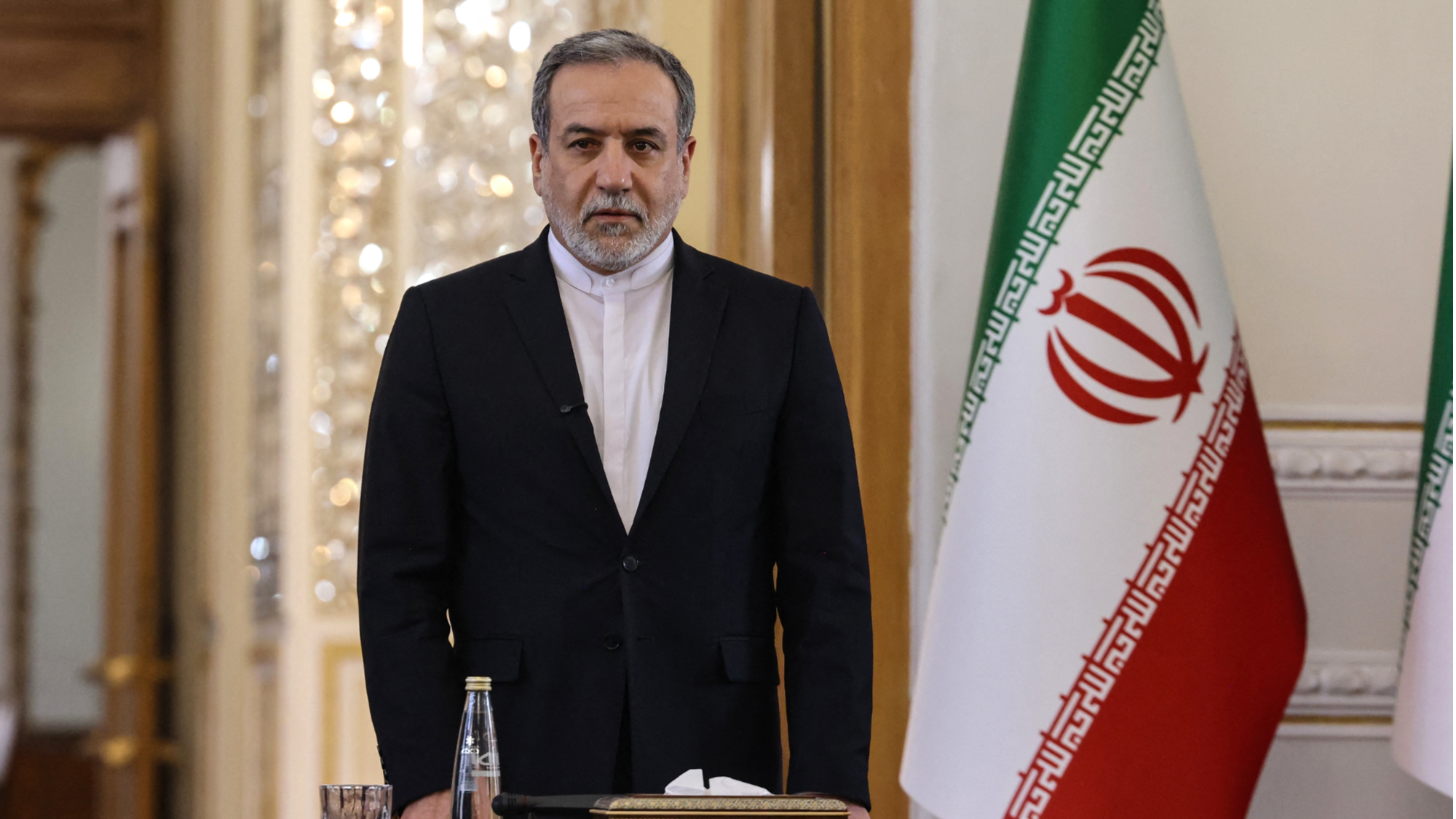
TEHRAN - Iranian Foreign Minister Seyed Abbas Araghchi said that Iran is prepared to participate in constructive negotiations that are fair and respectful, Iranian media reported Thursday.
Speaking at a meeting with local officials in the northwestern province of East Azarbaijan on Thursday, Araghchi said Iran has "never had any problem with negotiation," but genuine dialogue must be conducted on an equal footing.
"Negotiation is different from dictation, ordering or bullying," he said. "Whenever the parties to the talks are ready to negotiate on an equal footing, aiming to reach an agreement based on mutual respect and free from threats and intimidation, the Islamic Republic of Iran is ready too."
Araghchi arrived in East Azarbaijan on Wednesday to attend a national seminar on Iran's diplomacy and territorial integrity.
Also on Thursday, Araghchi condemned the United States' plan to resume nuclear weapons testing, calling it a "serious threat" to international peace and security.
He made the comments on social media platform X hours after US President Donald Trump said on Thursday that he had "instructed the Department of War to start testing our nuclear weapons."
ALSO READ: Iran says still committed to safeguards agreement with IAEA
Araghchi said the United States poses the world's "most dangerous proliferation risk" and urged the international community to hold Washington accountable for "normalizing the proliferation of such heinous weapons."
He also accused Washington of "demonizing Iran's peaceful nuclear program" while threatening strikes on Iranian facilities "in blatant violation of international law."
In July 2015, Iran signed the Joint Comprehensive Plan of Action (JCPOA) with Britain, China, France, Germany, Russia, and the United States, agreeing to put some curbs on its nuclear program in return for the removal of sanctions, including those of the UN. The United States, however, pulled out of the JCPOA in May 2018 and reimposed sanctions on Iran.
In late August, France, Britain and Germany triggered the "snapback" mechanism, leading to the UN's reimposition of sanctions after the Security Council failed to extend sanctions relief in September.
Iran and the United States were set for a sixth round of nuclear talks when Israel launched major surprise airstrikes on several areas in Iran. On June 22, US forces joined the attacks by bombing the Iranian nuclear facilities of Natanz, Fordow, and Isfahan.
Over the past months, the United States has repeatedly called on Iran to halt uranium enrichment on its soil and curb its missile program. Iran has rejected both issues as non-negotiable.



